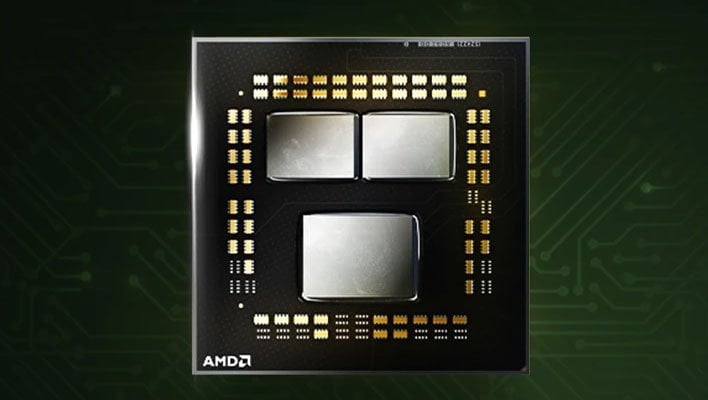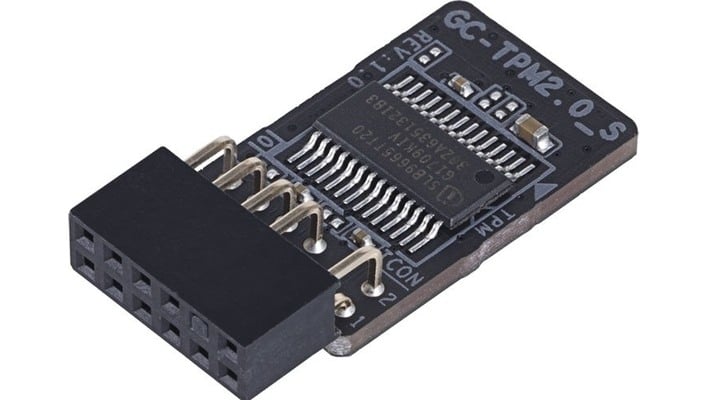AMD BIOS Updates Arrive To Resolve Ryzen TPM Stuttering Issue In Windows

Did you or someone you know build an AMD Ryzen machine only to be frustrated by strange stuttering issues? These problems have always existed in certain Ryzen systems, but only with the release of Windows 11 did the issue come to the forefront, because Windows 11 mandates the use of a Trusted Platform Module (TPM).
If you don't have a physical TPM device, you can enable emulation of the feature through your system firmware, known as the "fTPM." Ryzen machines support fTPM, but on some systems, enabling it causes bizarre, periodic stutters that cause the entire machine to hang up briefly. These stutters don't just interrupt gameplay but any activity at all on the machine including videos, music, or just moving the mouse around.
It was a pernicious issue, but folks narrowed it down to the fTPM feature very early this year. You can solve the problem by installing a physical discrete TPM, but those can be in short supply after scalpers bought up remaining stocks due to Windows 11's imminent launch last year. You can also solve the problem by simply disabling fTPM support, which is probably what the majority of Ryzen users should do seeing as they're probably still using Windows 10. (Note that disabling fTPM support will make your machine unbootable if you are using Bitlocker drive encryption!)

With that in mind, if you're experiencing this stutter, or if you simply want to upgrade to Windows 11 and don't want to suffer the stutter, head to your motherboard manufacturer's website and look for the latest BIOS update. Not every vendor has updated every board—notably, this author's ASRock X570 Taichi hasn't gotten an update yet—but it looks like the majority of ASUS, Gigabyte, and MSI boards using X570 and B550 chipsets have been updated. Let's hope the rest can get the new firmware fixed up soon.

